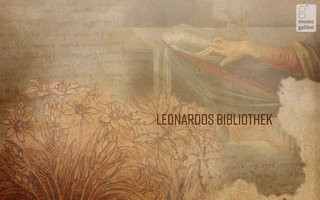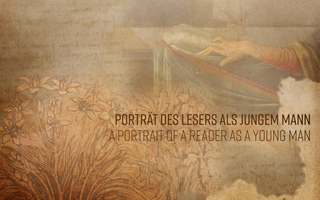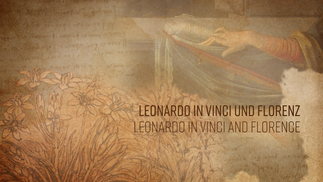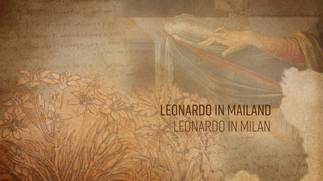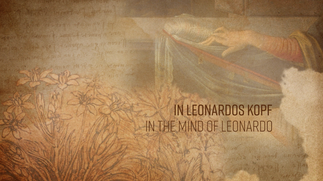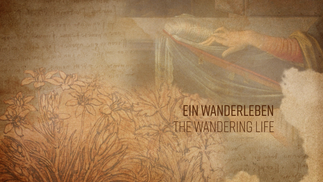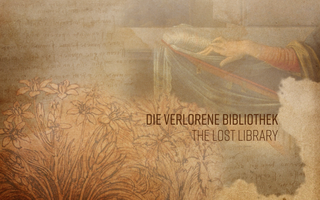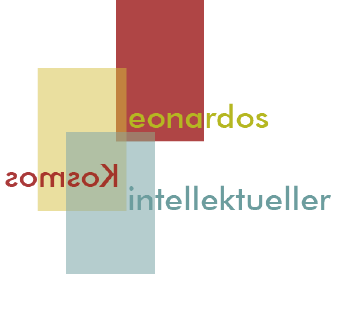
Prologue: Old Knowledge and New Technology <
Poor is the pupil who does not surpass his master
Leonardo da Vinci
Codex Forster III, fol. 66v
The age of Leonardo da Vinci (1452–1519) was marked by radical cultural upheavals that affected the economy of knowledge in particular. Humanist scholars, scientists, and artists extolled the knowledge of antiquity as the key reference point of the contemporary knowledge economy. At the same time, the technological development of printing opened up new possibilities for the geographical dissemination and social accessibility of knowledge. Without these profound upheavals, it would be impossible to imagine Leonardo’s intellectual evolution as one of the outstanding artist-scientist-engineers of the modern age. The humanists’ systematic search for ancient writings and their edition and translation offered the chance to draw on the scientific and technical achievements of the ancient world. The technology of letterpress printing made private ownership of books affordable for the first time, enabling Leonardo to build up his own library—albeit over many years. The owner’s personal perspective could give new shape to the ancient and contemporary knowledge it reflected.
Old Knowledge
